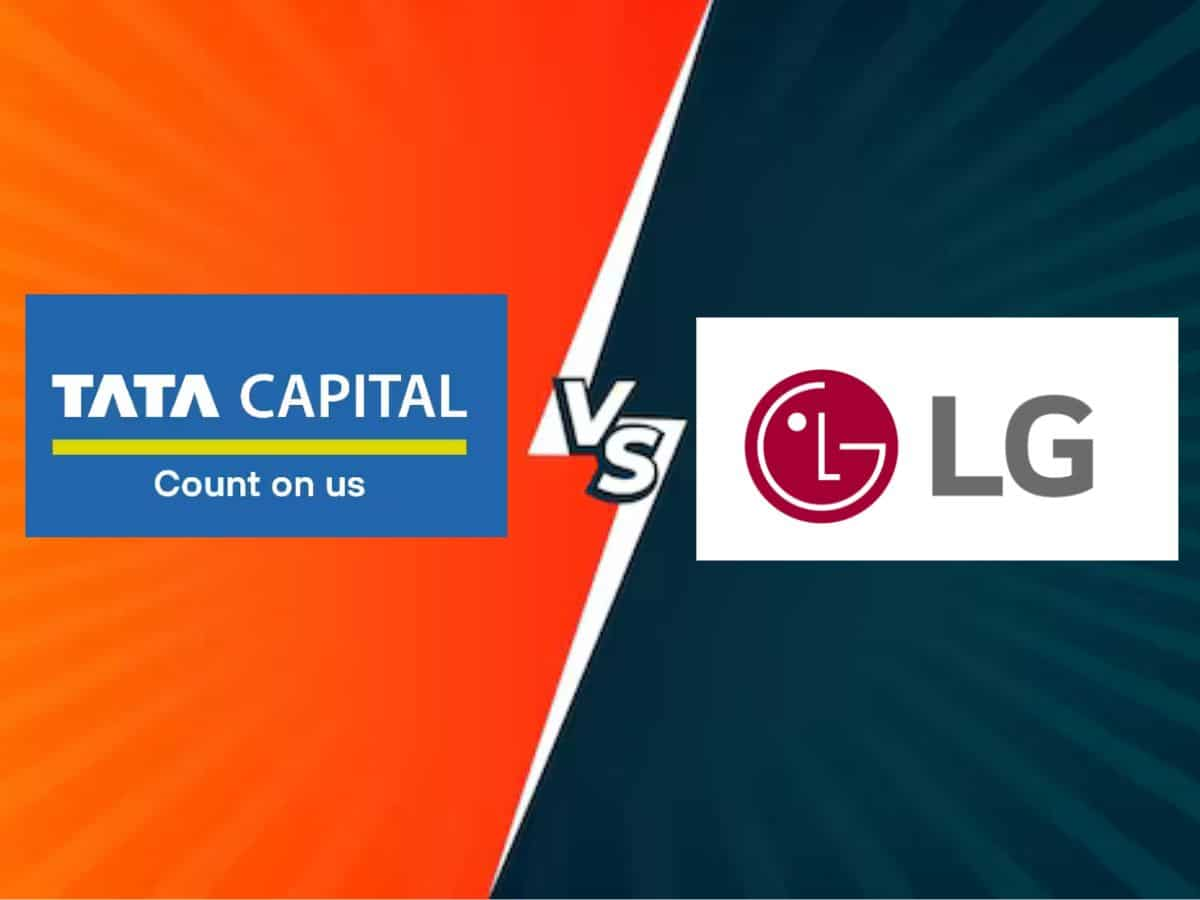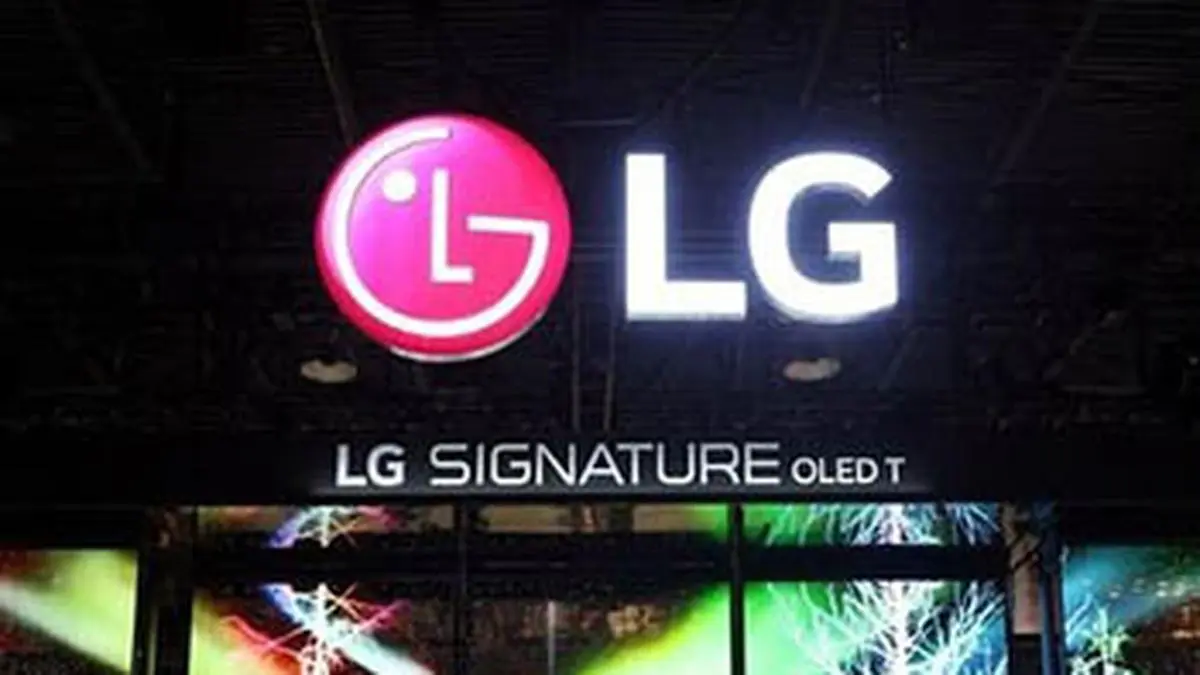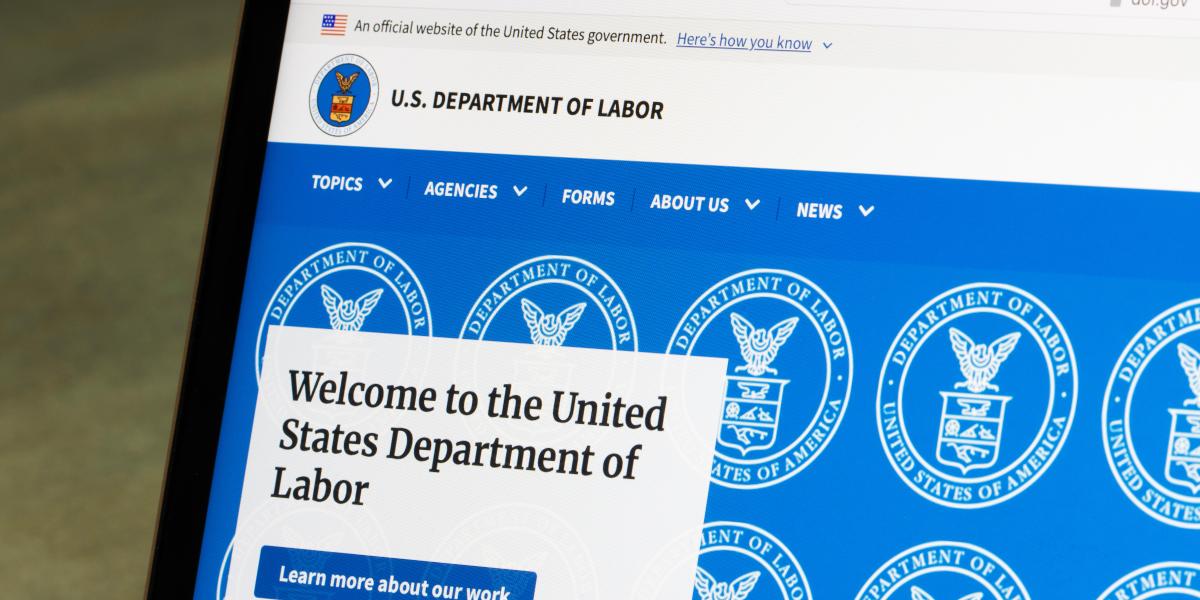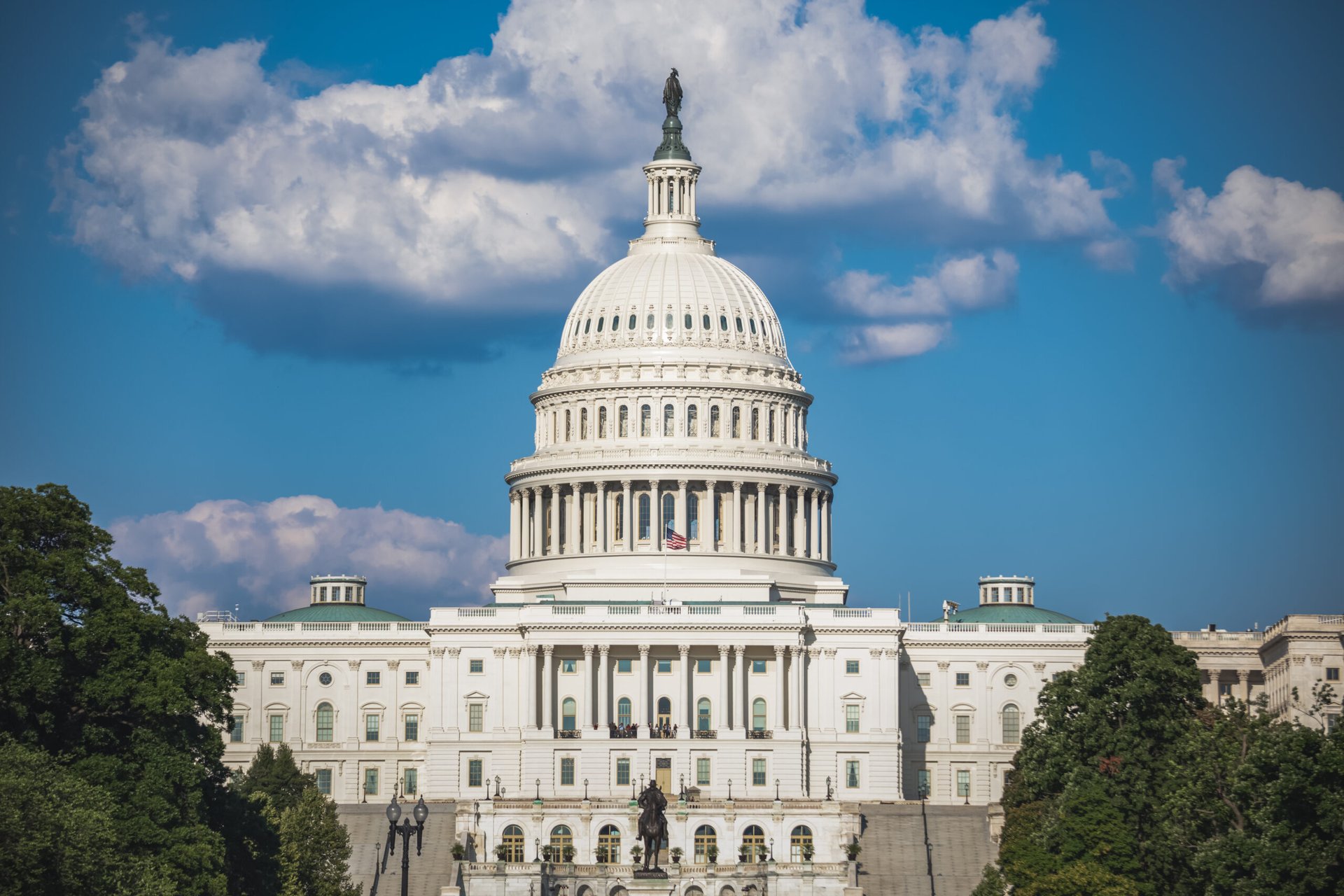The running-in process has begun for Israel’s Karish offshore gas field. UK-Greek energy exploration and production company Energean plc (LSE: ENOG; TASE: ENOG), which has the rights to the field, has notified the Tel Aviv and London stock exchanges that following approval received from Israel’s Ministry of National Infrastructures, Energy and Water Resources to start testing procedures, the flow of gas from onshore to the Karish floating, production, storage and offload (FPSO) rig has commenced.
The buy-back procedure, in which gas will flow from the shore along the underwater pipelines to the Karish field to test their operational capabilities, is an important step in the commissioning process of the field.
Approval from Israel’s Ministry of National Infrastructures, Energy and Water Resources was delayed for two weeks to allow for the completion of negotiations with Lebanon over the maritime border. Hezbollah had threatened that the start of production, before an acceptable agreement was reached, might result in attacks on the rig.
“Globes” reported that Energean CEO Mathios Rigas and Israel’s Ministry of Defense opposed any such postponement. But the political echelon prevented the Ministry of National Infrastructures, Energy and Water Resources from granting approval for the buy-back process to start.
But at the cabinet meeting last Thursday the issue was raised and the postponement aroused opposition from some ministers. Minister of Interior Ayelet Shaked described the delay as like cowering to a protection racket and in the end the cabinet agreed to let the buy-back process begin.
Already three weeks ago, Hezbollah secretary general Hassan Nasrallah withdrew his initial ultimatum and said that as far as he was concerned, an attack would only be warranted after the start of gas production from Karish and its transfer to the coast, and not the inspection process. He attributed this position to the clarifications he had received indirectly from Israel.
A Lebanese television channel reported that the Americans informed Lebanon yesterday about Israel’s intention to start the buy-back commissioning process of the Karish rig, while stressing that it is not about to start the production itself.
The buy-back testing process should last a few days, and if no problems are discovered, it is technically possible to start producing and conveying the gas from Karish to the coast within a few weeks. However, it is not clear what a few weeks exactly means, since Energean is not ready to commit to a specific schedule due to the state’s conduct on the matter. This flexible date will allow Prime Minister Yair Lapid and Defense Minister Benny Gantz to delay production while denying any connection to Hezbollah’s threats.
RELATED ARTICLES
Lapid rejects Lebanon’s latest demands on gas agreement
Energean declares major gas discovery in Hermes field
Optimism on negotiations with Lebanon
At the same time, the negotiations with Lebanon continue. On Tuesday, Lebanon officially received from the Americans the Israeli refusal on its demands for changes in the agreement proposal submitted by US mediator Amos Hochstein. According to reports in the Lebanese media, there is a certain willingness to be flexible in the wording, and the atmosphere from the Lebanese leadership is positive.
According to another report in Lebanese newspaper “Al Akhbar,” which is identified with Hezbollah, French President Emmanuel Macron sent a message to Lebanese Prime Minister Najib Mikati that despite the difficulties in the talks, Israel is not interested in any escalation.
An Israeli source stressed that the issue of compensation for the Qana/Sidon field has been resolved. In addition, the second issue of the semi-official recognition of the buoy border line is more complicated, but even there, through international formulations and guarantees, the dispute can be resolved. This means that the pessimistic atmosphere created during Israel’s most recent cabinet meeting, may have been just a smoke screen for progress in the agreement.
According to Israel’s Attorney General Gali Baharav-Miara, even if the cabinet approves the agreement with Lebanon, it must be discussed by the Knesset. This is a process that should last about two weeks, until just before Israel’s elections on November 1.
Published by Globes, Israel business news – en.globes.co.il – on October 9, 2022.
© Copyright of Globes Publisher Itonut (1983) Ltd., 2022.







































